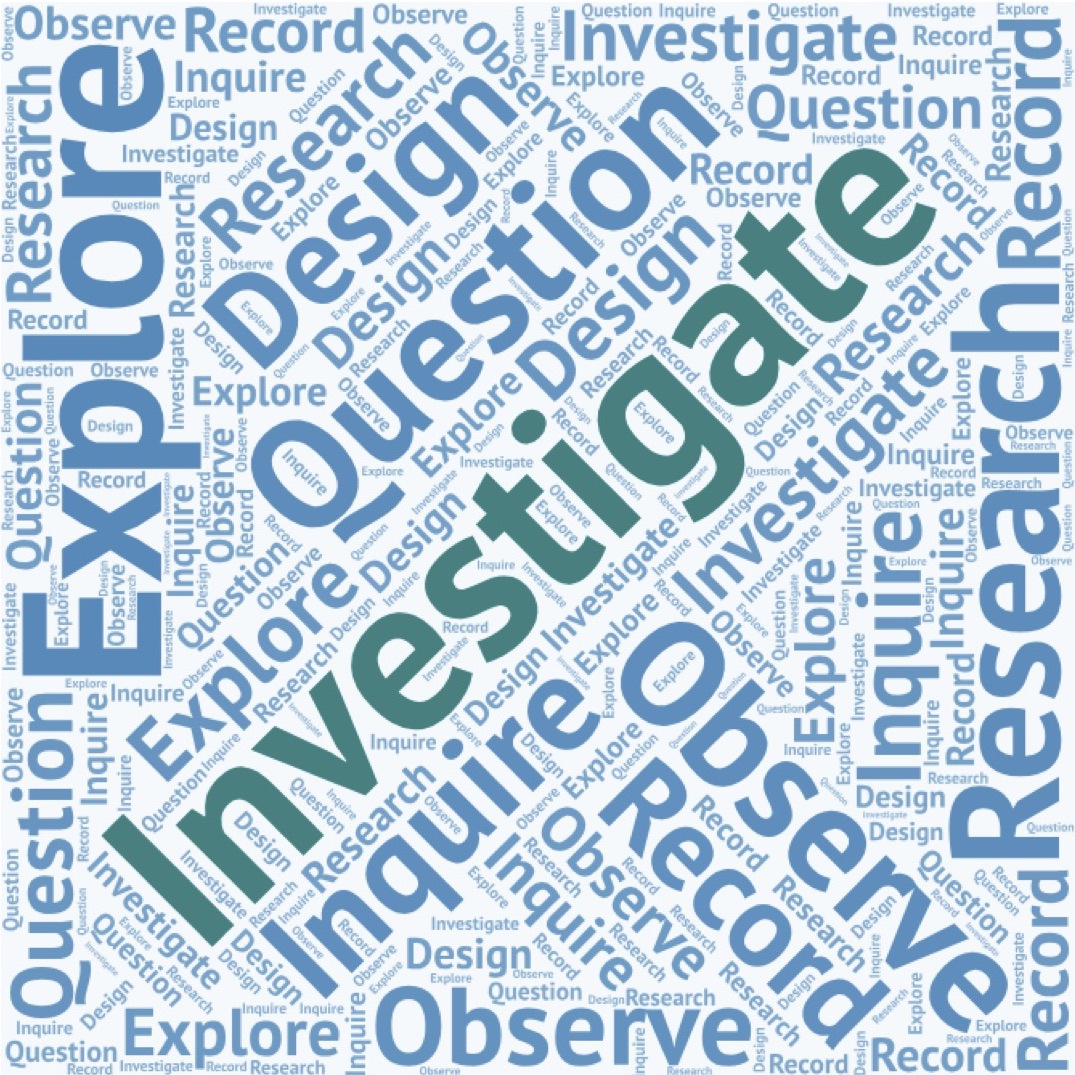Student Roadmap - Doing Investigations
Stay the Course, Anticipate Tweaks and New Ideas

Gather the materials, tools and instruments for your experiment. Have your data collection tables, lab notebook, sketch book, etc. ready. Begin recording your data.
Much of science is perseverance and attention to detail. Compared to the creative thinking to develop a question and the critical thinking and problem solving to design a research plan to answer it, collecting data can sometimes feel a little tedious. It is about staying true to the plan of action while you build new understandings about how the natural world works.
It’s inevitable. No matter how well you plan out your research, once have been making careful observations for a while, new ideas will come to you. Perhaps you’ll notice a new piece of data that you would like to collect. It may be possible to include additional records of observations or measurements in your data collection plan. It can be tempting to completely change data collection in mid-project. But switching completely to an entirely new kind of data in mid-stream means that you’ve really started a completely different research project.
Take good notes
Be sure to record anything you might observe that you think might influence this data point and any human error that might have occurred to make the point less reliable.
IMPORTANT!
You might notice something toward the beginning of your investigation that might be an important factor in figuring out what your data mean. Sometimes you can modify your research design even after you start your experiment to add this new observation. For instance, you might notice something about seed size or that only half the seeds actually sprout. If you don’t consider these types of data when you design your research plan, note them in your report and ask your instructor and scientist mentor if you can add the data some way to your results. This kind of careful observation and note taking during an investigation can be a good source of new investigations and great discoveries later on!